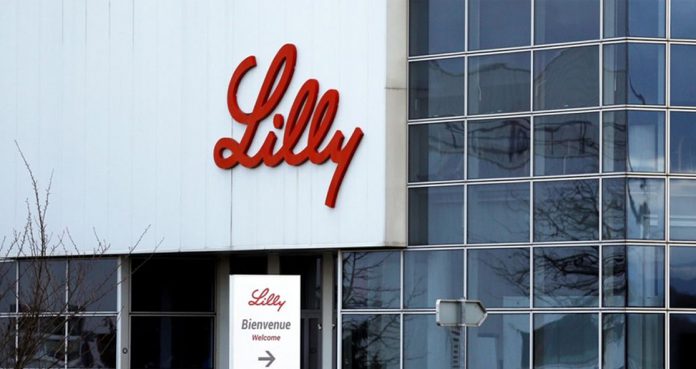On Wednesday, Eli Lilly and Co. announced that its experimental pancreatic cancer drug, in combination with other chemotherapy drugs, did not meet its goal of overall survival in a late-stage clinical trial, dipping the shares of the company.
The clinical trial evaluated Lilly’s experimental drug called pegilodecakin in combination with chemotherapy drugs, such as Folfox, compared to the chemotherapy drugs alone in patients who have metastatic pancreatic cancer, which is one of the deadliest cancers.
More than 55,000 Americans are diagnosed with pancreatic cancer every year, with a high mortality rate.
Dr. Maura Dickler, vice president, late phase development, Lilly Oncology, said, “Pancreatic cancer has proven to be one of the most difficult tumor types to treat and there have been very few recent treatment advancements in the later-line metastatic setting.”
The shares of the Indianapolis-based drug manufacturer dipped 1.3 percent to $ 108.29 each on Wednesday.
However, Lilly said that it would continue studying the drug for the treatment of other cancers, including lung and kidney cancer.
Last year, Lilly acquired the drug through its $1.6 billion acquisition of Armo BioSciences, Redwood City, California. Pegilodecakin was the company’s leading product.
At that time, Lilly said, “Pegilodecakin had a unique immunologic mechanism of action that could eventually allow physicians to offer new hope for many cancer patients.”
Pegilodecakin has been found to killing a type of white blood cell in the immune system. In recent years, Lilly has been leaving no stone unturned in beefing up its oncology portfolio and becoming a key player in cancer treatments. The company is pushing so hard that it paid $8 billion to buy Loxo Oncology earlier this year.






















